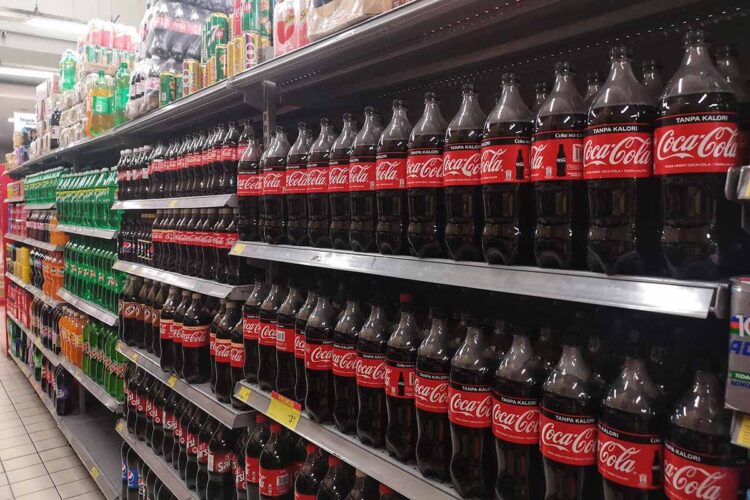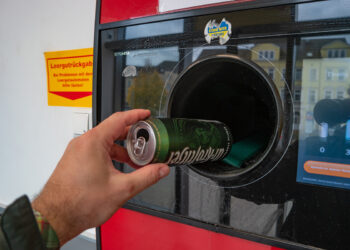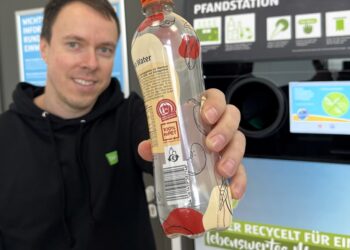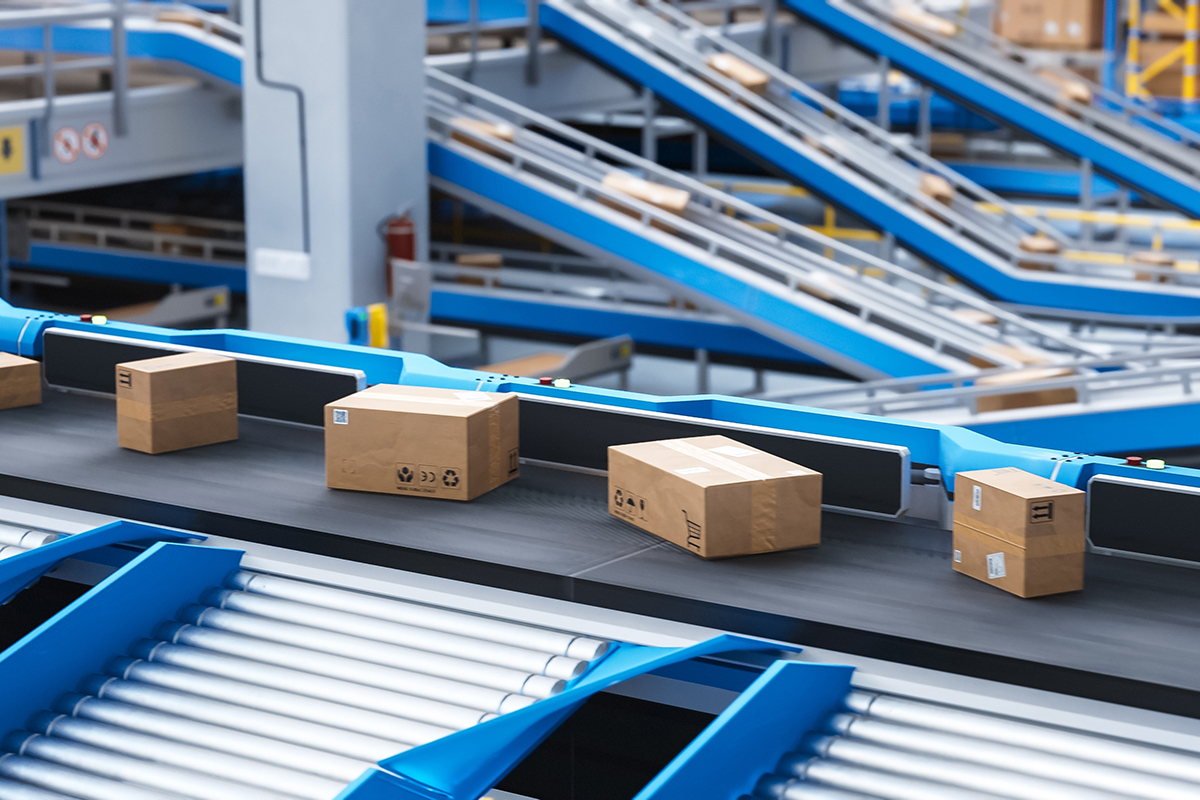A study looking at two decades of beverage sale trends around the world found that there was no decrease in sales when deposit return systems went into effect or were expanded.
The Container Recycling Institute (CRI) and Reloop, which work to advance container deposit systems and partnered on the study, said the research proves that “beverage industry concerns that deposit systems lead to sales declines are unfounded.”
The study, “The Impact of Deposit Return Systems on Beverage Sales,” used data from a dozen deposit return system (DRS) markets around the world and looked at sales before and after the systems were introduced or expanded. It found that all sales fluctuations were within the normal variation range and aligned with regional trends and that there’s been a general upward trend in per capita packaged beverage sales.
“Many complex and multifaceted factors contribute to changes in beverage sales, meaning any sales increases or decreases cannot only be attributed to deposit return systems,” the study noted.
Those factors include seasonal temperatures, economic conditions, supply chain disruptions or changing of labeling in advance of the start of a DRS.
“In the months leading up to a DRS launch, distributors and retailers may sell their items at discounted prices to quickly sell off inventory with the old labels,” the study noted. “Consequently, sales of beverage products with the new labels may initially appear slower after DRS implementation as consumers will have stocked up beforehand. This may give the impression of a sales decline, but it actually reflects a shift in sales from one period to another.”
The study also added that some other previous studies could be unreliable if they used predictive modeling of the impacts of assumed higher prices, instead of historical market data.
Susan Collins, CRI president, said in a press release that the research “is as complete, thorough and transparent as possible, and represents experiences from all over the world over a two-decade timeframe.”
“We believe the findings should set to rest the fears of beverage producers and distributors and contribute to a more informed discourse on the adoption, implementation and expansion of beverage container deposit return systems,” she added.
The study, combined with previous findings that DRS significantly increase container recycling rates, make the systems “the most effective means to obtain more clean, high-quality materials for manufacturing new products.”
In response to other claims that DRS create higher costs across the distribution chain, the press release pointed out that costs associated with operating modern deposit programs are partially to fully offset by the scrap sales revenues and unclaimed deposits.
DRS can also create savings in the form of reduced extended producer responsibility expenses in Europe and Canada and lower costs for municipalities and taxpayers, the press release stated.
The CRI and Reloop study also reviewed older studies that found similar results. It cited a Swedish study in 2010 that found that the deposit had no statistically significant effects on sales; a 2011 study by the University of Florida that reported the impact of a DRS on beverage consumption is “essentially zero”; an Australian study in 2021 and a study on California in 2011 that both echoed the Florida study; and another 2011 study, this one in Massachusetts, that found no discernible difference in price between beverages in states with a DRS and those without.
Clarissa Morawski is CEO of Reloop, which recently launched a newsletter, Bottle Bill Common Ground, that shares best practices of high-performing DRS
In the release, Morawski stated that “while producers often battle the introduction of deposit return systems because they wrongly believe they have a negative effect on sales, their impact assessments ignore the huge financial and compliance benefits of getting back up to 90% of their containers for closed-loop recycling.”
A version of this story appeared in Plastics Recycling Update on July 19.































